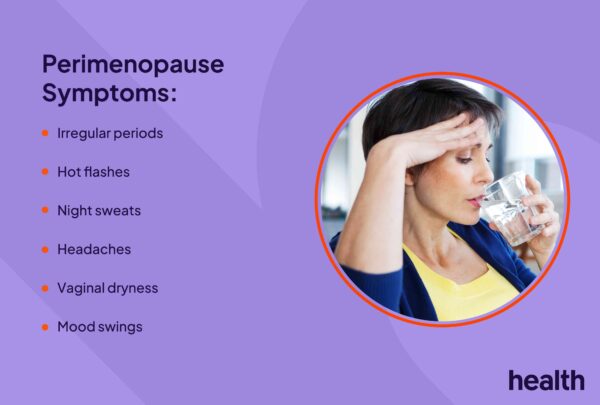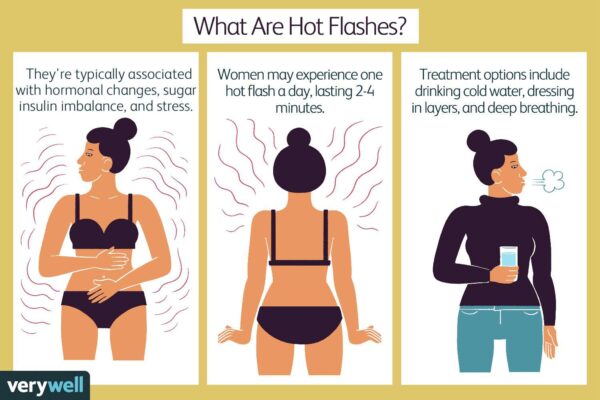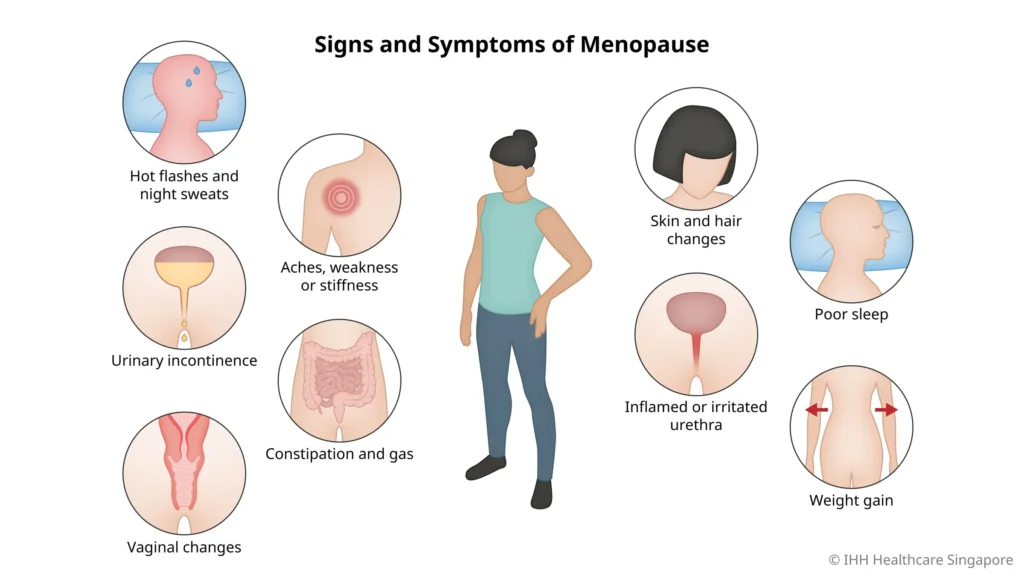Trendy Lifestyle Hacks
Menopause: 10 Things Every Woman Should Know
Supermarkets use clever tricks to encourage you to spend more money, often without you realizing it. From strategic product placements to psychological pricing, these tactics are designed to influence your buying decisions.
Here’s a look at 10 common strategies supermarkets use to boost sales and tips on how to avoid falling for them.
1. Perimenopause Can Start Years Earlier

The transition into menopause, known as perimenopause, can begin several years before the actual menopause. Symptoms like irregular periods, hot flashes, and mood swings might start in a woman’s 40s or even earlier.
2. Hot Flashes Are Common

Hot flashes are one of the most common symptoms of menopause. They can cause sudden feelings of intense heat, sweating, and discomfort, often followed by chills. These episodes can vary in intensity and frequency.
3. Hormonal Changes Affect Mood

The hormonal fluctuations during menopause can impact mood and emotional well-being. Women might experience mood swings, irritability, or depression. It’s important to seek support and consider counseling if needed.
4. Bone Health Becomes More Critical
The decrease in estrogen during menopause can lead to bone density loss, increasing the risk of osteoporosis. Incorporating weight-bearing exercises and consuming adequate calcium and vitamin D can help maintain bone health.
5. Vaginal Changes Are Normal

Menopause can cause vaginal dryness, thinning of vaginal tissues, and decreased elasticity. Using water-based lubricants and vaginal moisturizers can alleviate discomfort, and discussing options with a healthcare provider is beneficial.
6. Sleep Disturbances Are Common

Many women experience sleep disturbances during menopause, including insomnia and night sweats. Establishing a regular sleep routine and creating a cool, comfortable sleeping environment can help improve sleep quality.
7. Sexual Health May Change
Menopause can affect sexual desire and function due to hormonal changes. Decreased libido and changes in sexual arousal are common. Open communication with your partner and exploring different forms of intimacy can help maintain a fulfilling sexual relationship.
8. Heart Health Risks Increase

The risk of cardiovascular disease can increase after menopause due to lower estrogen levels. It’s important to monitor blood pressure, cholesterol levels, and engage in heart-healthy activities such as regular exercise and a balanced diet.
9. Managing Digestive Changes

Some women experience changes in digestion during menopause, such as bloating or constipation. Maintaining a high-fiber diet and staying hydrated can support digestive health.
10. Empowering Yourself with Knowledge
Educating yourself about menopause and staying informed through reputable sources can help you navigate this life stage with confidence and make informed decisions about your health and well-being.


